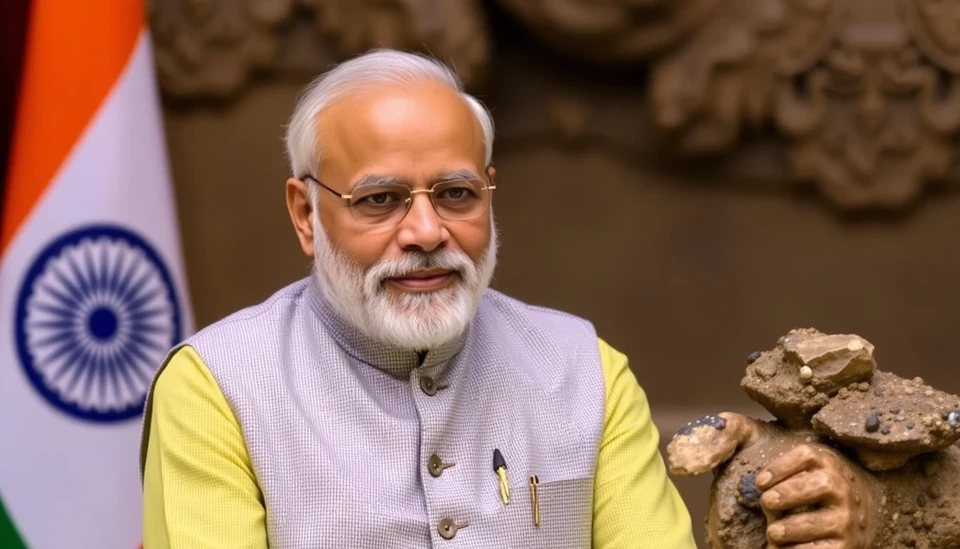
In a landmark decision aimed at bolstering its strategic capabilities and reducing dependency on imports, the Indian government has approved a substantial $1.9 billion program focused on the development of critical minerals. This initiative comes as part of a larger vision to enhance domestic production and streamline supply chains for minerals deemed essential for various high-tech industries.
The announcement was made on January 29, 2025, and it underscores India's push toward self-reliance in critical mineral resources. With the global demand for essential materials such as lithium, cobalt, and rare earth elements surging, this program signifies a pivotal step in establishing India as a key player in the global supply chain for critical minerals.
The initiative entails significant investments in exploration activities and technological advancements to boost domestic mining capacities. The government has detailed a multi-faceted approach that includes incentivizing private sector participation, enhancing regulatory frameworks, and promoting the adoption of sustainable mining practices.
India currently relies heavily on imports to meet its mineral needs. With the growing prominence of electric vehicles (EVs) and renewable energy technologies—both major consumers of critical minerals—this program aims to reduce reliance on foreign sources, particularly in light of geopolitical uncertainties.
Prime Minister Narendra Modi's administration has long emphasized the importance of decoupling the Indian economy from global vulnerabilities. By harnessing local resources and fostering innovation in mineral extraction technologies, the government hopes to mitigate risks while meeting the booming domestic and international demand.
The program is expected to generate thousands of jobs as new mining projects are initiated and various sectors participate in developing efficient supply chains. Furthermore, the initiative is set to attract foreign investments, as global companies look for reliable partners in the growing critical minerals market.
Experts note that this funding initiative is crucial for India's long-term economic strategy, particularly as nations worldwide commit to achieving their climate goals through the transition to renewable energy and electrification. The timeline for the implementation of this program is ambitious, with the government aiming to see tangible results in the coming years.
In conclusion, India's $1.9 billion investment in critical minerals signifies a strategic move to foster domestic resource utilization, work towards self-sufficiency, and solidify its position in the global market for essential minerals. This initiative not only promises economic benefits and job creation but also aligns with the broader objective of sustainable development.
#India #CriticalMinerals #Investment #SustainableMining #EconomicGrowth #SelfReliance #ElectricVehicles #RenewableEnergy
Author: Megan Clarke




